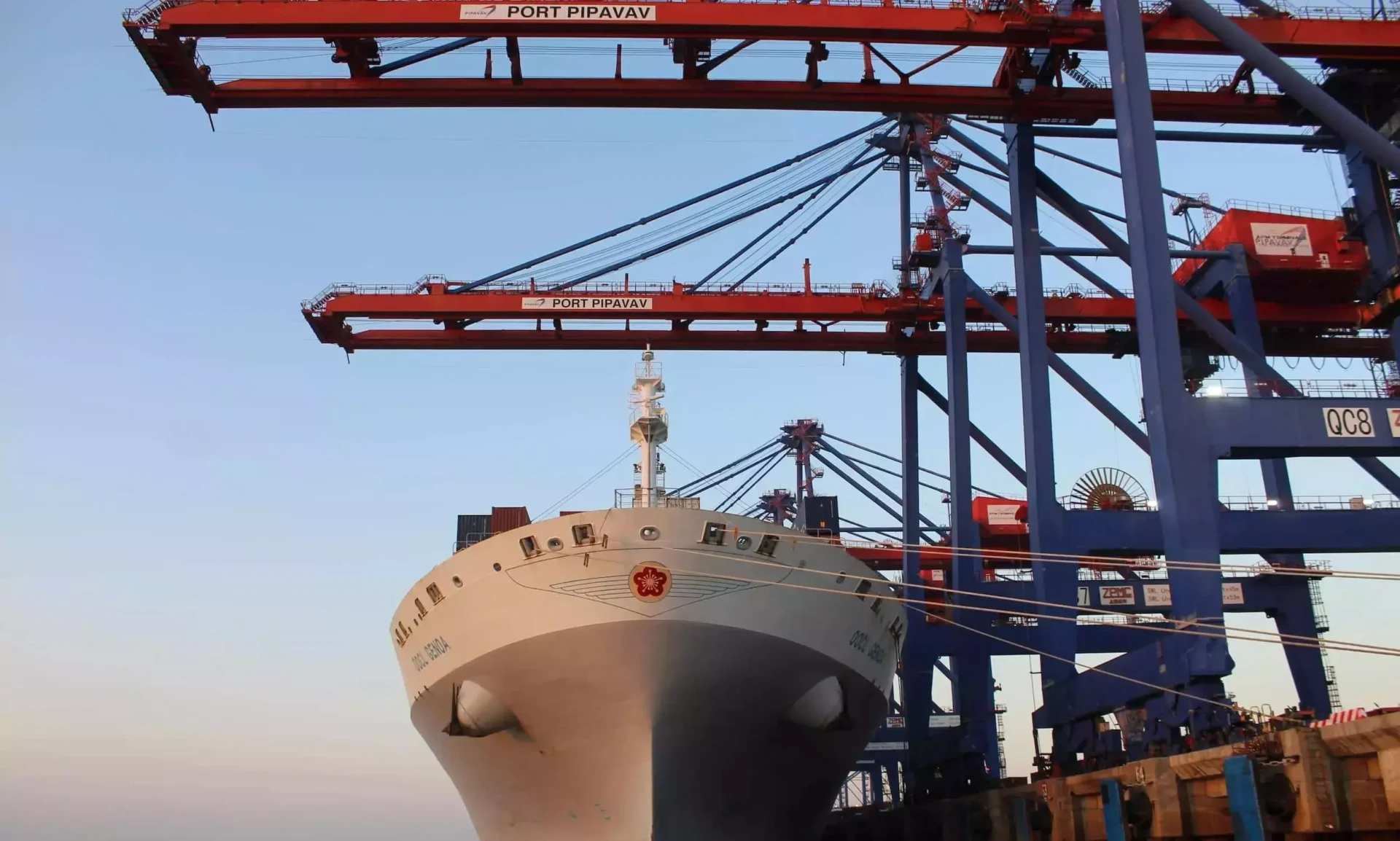Sri Lanka has shown no intention of cancelling a significant port development deal with the Adani-led consortium for the construction of a deep-water container terminal at Colombo Port. The project, a $1 billion investment, is poised to be the largest foreign direct investment (FDI) in Sri Lanka’s port sector.
In a recent interview, Admiral Sirimewan Ranasinghe (Retd), Chairman of Sri Lanka Ports Authority (SLPA), reiterated that there has been no discussion regarding the cancellation of the deal. The project, managed by Colombo West International Terminal Pvt Ltd (CWIT), is primarily owned by Adani Ports and Special Economic Zone Ltd (APSEZ), which holds a 51% stake. The terminal, which will be the largest in Colombo, is expected to significantly enhance Sri Lanka’s transshipment capabilities.
In response to concerns raised about the bribery allegations, Ranasinghe stated, “Nothing has been discussed about it (cancelling the deal) at all.” He pointed out that the U.S. International Development Finance Corporation (DFC) had provided a $553 million loan to fund the terminal, which further reinforces the legitimacy of the project. The U.S. government’s backing, through a loan facility managed by the State Department, serves as a clear indication that the allegations against Adani have not impacted international confidence in the project. The Adani Group has strongly denied the bribery accusations and has vowed to pursue all legal avenues to clear its name. The group’s reputation took a hit earlier in 2023 following accusations from the U.S. short-seller Hindenburg Research, which raised questions about the group’s financial practices. However, the backing of the U.S. government’s development agency demonstrates a continued faith in the group’s ability to execute the project and meet its commitments.
The disbursement of the DFC loan, which was announced in November 2023, has yet to take place, primarily due to pending changes in the build-operate-transfer (BOT) agreement. These changes are a standard requirement from the U.S. government before disbursing such large loans. Ranasinghe confirmed that the Sri Lankan authorities are still negotiating with the DFC and the Attorney General’s Department to determine whether the proposed changes to the agreement can be made. “The loan has not been disbursed yet because there are certain requirements to modify the BOT agreement for the terminal,” Ranasinghe explained. Once the changes are approved and the necessary legal processes are completed, the loan will be disbursed.
The Colombo West International Terminal is a major project designed to increase Sri Lanka’s capacity to handle ultra-large container ships. Once completed, the terminal will have a berth length of 1,400 meters, a water depth of 20 meters, and an area of approximately 64 hectares. Phase 1 of the project, which involves constructing a 800-meter quay, is set to be completed by early 2024, with the full project expected to finish by December 2025. The terminal will be equipped with advanced port equipment, including quay cranes and rail-mounted gantry cranes, supplied by China’s ZPMC. The project’s strategic importance is underscored by its potential to counterbalance China’s growing influence in the region, especially in the wake of China’s investments in Sri Lanka’s Hambantota and Colombo ports.
The successful completion of the Colombo West International Terminal will not only boost Sri Lanka’s maritime capacity but also solidify the Adani Group’s presence in the region. Despite the legal challenges, both the Sri Lankan authorities and the Adani Group remain committed to seeing the project through. As discussions continue regarding the final steps for the DFC loan and the necessary legal adjustments, the terminal project is expected to be a transformative addition to the region’s port infrastructure. As Ranasinghe succinctly put it, “Adani has brought in equipment; they have brought the investment promised so far, and they are going according to plan.” The future of the terminal now hinges on the completion of legal and financial processes, but the signs point to the project moving forward as planned.


